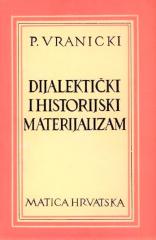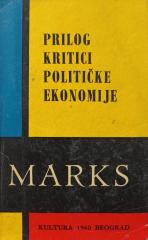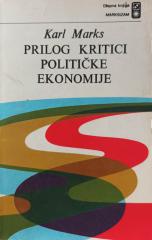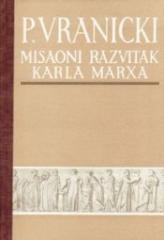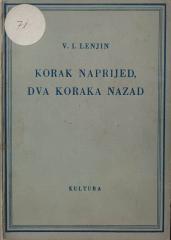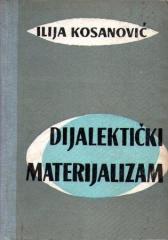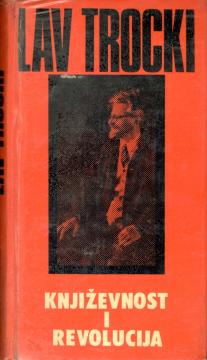
Književnost i revolucija
Trotsky in Literature and Revolution (1924) explores the role of art in a revolutionary society, advocating creative freedom and criticizing bourgeois and bureaucratic approaches, with a vision of a socialist culture of the future.
A collection of essays by Leon Trotsky in which he analyzes the relationship between literature, art and social transformations in the context of the Russian Revolution. Trotsky, a Marxist theoretician, explores how the revolution affects creativity and what role art plays in building a socialist society.
Trotsky criticizes bourgeois literature as a reflection of class interests, but also rejects the rigid requirements for "proletarian art", considering them restrictive. Instead, it advocates freedom of artistic expression, with the condition that art reflects the spirit of revolutionary change. Analyzes the works of authors such as Tolstoy, Dostoyevsky and the Futurists, evaluating their contributions or limitations in the light of Marxist aesthetics. He especially deals with symbolism, futurism and formalism, warning of the danger of elitism in art.
In an essay on "revolutionary art", Trotsky argues that a true socialist culture has yet to emerge, because the revolution has not yet created the conditions for universal creativity. He sees art as a bridge between the present and the future, where man, freed from the chains of class, will reach the pinnacle of creativity. He also criticizes attempts at party control over literature, which foreshadows the later Stalinist socialist realism.
Trotsky's style is sharp, polemical, and erudite, combining philosophy, sociology, and literary criticism. The work is key to understanding the Marxist view of art.
No copies available
The last copy was sold recently.
